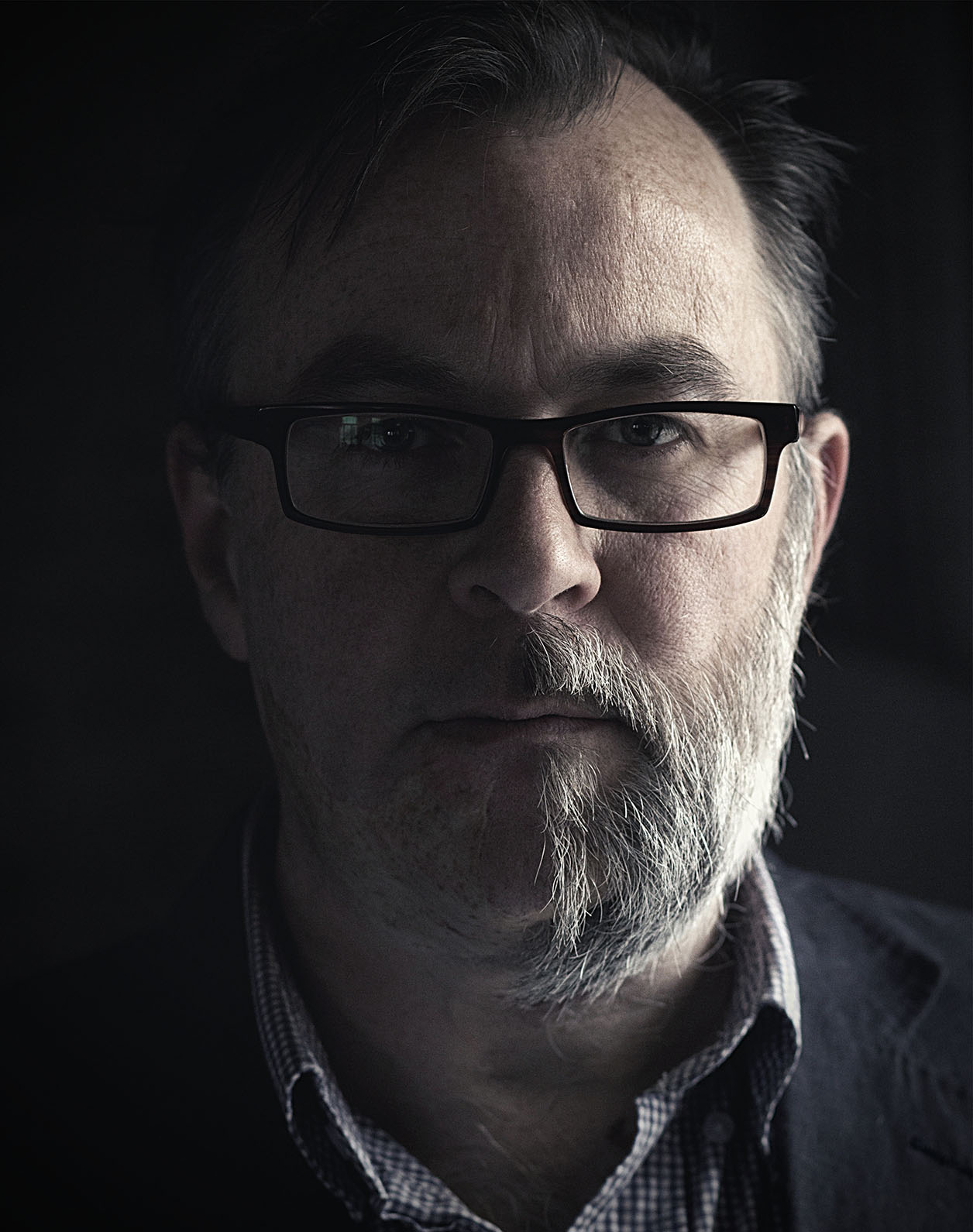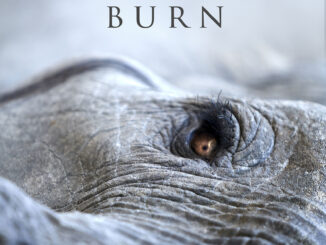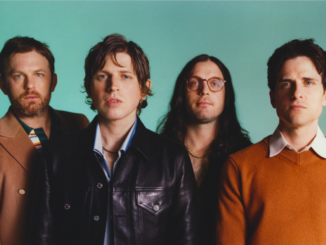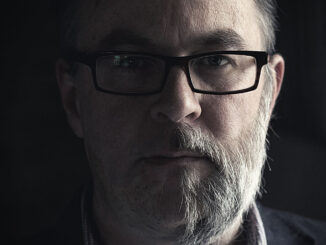
The intriguing but relatively unknown music career of composer, songwriter and multi-instrumentalist Jules Maxwell has been diverse, to say the least, and began in rather unlikely circumstances.
Although he studied music at school, it was whilst he was studying for a Political Science degree at Queen’s University in Belfast (Maxwell is from Bangor, Northern Ireland) that he became involved with making plays for the drama society. He had always been interested in drama and theatre and making music, so this trinity of creative arts became central to his extensive work with a whole host of different genres.
Whilst living in Belfast in the 1990s, Maxwell was part of the local music scene with fellow Bangor singer/songwriters Foy Vance and Iain Archer, who both went on to have very successful music careers themselves, but Maxwell was always the one at the back on organ or piano, happy to avoid the limelight.
He has created music for leading choreographers, including Wayne McGregor and Jasmin Vardimon and composed the 1996 soundtrack to Tim Loane’s Oscar-nominated short film “Dance Lexie Dance”.
Maxwell has played keyboards on tour with renowned Australian band Dead Can Dance, forming a strong partnership with Lisa Gerrard – both artists sharing the creative realisation that theatrical disciplines like improvisation and exploration are at their heart of their music. They contributed four songs on the critically-acclaimed album “Boocheemish” released in 2018 by Bulgarian female choir “Le Mystere des Voix Bulgares”( The Mystery Of The Bulgarian Voices). This year, they announced that they would be releasing a new album together later in the Spring entitled “Burn” with James Chapman of Maps producing.
In 2018, Maxwell emerged from the shadows with his debut album’s release, the eclectic, personal and intriguing, “Songs from The Cultural Backwater”. On top of all that, Maxwell still regularly works at The National Theatre, The Young Vic and, rather impressively, has composed music for London’s Shakespeare’s Globe. In 2019 he made his Royal Opera debut writing the music for “The Lost Thing”, a co-production between The Royal Opera and the Candoco Dance Company.
His latest release, Nocturnes, due to be released on the newly formed Archangelo Recordings on March 5th, is an album of eight instrumental songs. The album cover is of a colourful, calm, tranquil sea and perfectly encapsulates what a beautiful, reflective piece of work is contained therein.
The opening composition “In Loco Parentis” is sparse in its instrumentation as conveyed on his previous debut proving Maxwell is a master of the minimalist approach in his work. Deep, sombre pauses of piano notes appear to be in conversation with strums of melancholy cello.
“Virgin Territory 1” is more expansive and is so, so lovely. Rich cello notes provide depth, while cinematic string orchestration provides the joy. Playful, touching piano keys conjure up an image of the happiest walk home, in the blue hour immediately before dusk, with the person you have always wanted to spend that day with. It makes you smile and is perfect in every way.
The piano keys on “Virgin Territory 2” initially sound like sad, heavy footfalls until one opulent cello note takes centre stage, almost supporting and lifting the keys to a hopeful heartbeat, harmonising wistfully together until the last twinkling note.
“April 1964” is the album centrepiece and sets the next few compositions’ layout – imagination pieces if you like, evocative moments in time. It’s a hesitant start with fluttery piano notes playing around each other like butterflies but becomes radiant with the addition of flourishes of delightful chamber music and warm strings, whilst “Art Of Attachment” begins with repetitive circles of piano accompanied with ornate cello tones and evokes feelings of watching a promising, golden sunrise.
“Tumbledown” implies a blues composition at first but soon changes unexpectedly with atmospheric, spiritual waves of synth, which add an awe-inspiring, other-worldly vibe followed by the resplendent “Virgin Territory 3”, which quite simply, is like listening to a baroque rainfall – sumptuous in sound with palatial harps and more chamber instrumentation.
“Honeydew” closes the album and is a gorgeous geisha delight as oriental piano keys and quivering strings transport you to a place filled with cherry blossom and graceful, elegant Japanese dancers.
Nocturnes is something rather special, beautifully restrained but full of warmth and heart. Jules Maxwell gives us all a chance to breathe, to be still, and to be moved. Nocturnes is thoughtful, considered and calming, and although understated, each composition has emotional depth and impact.





Be the first to comment